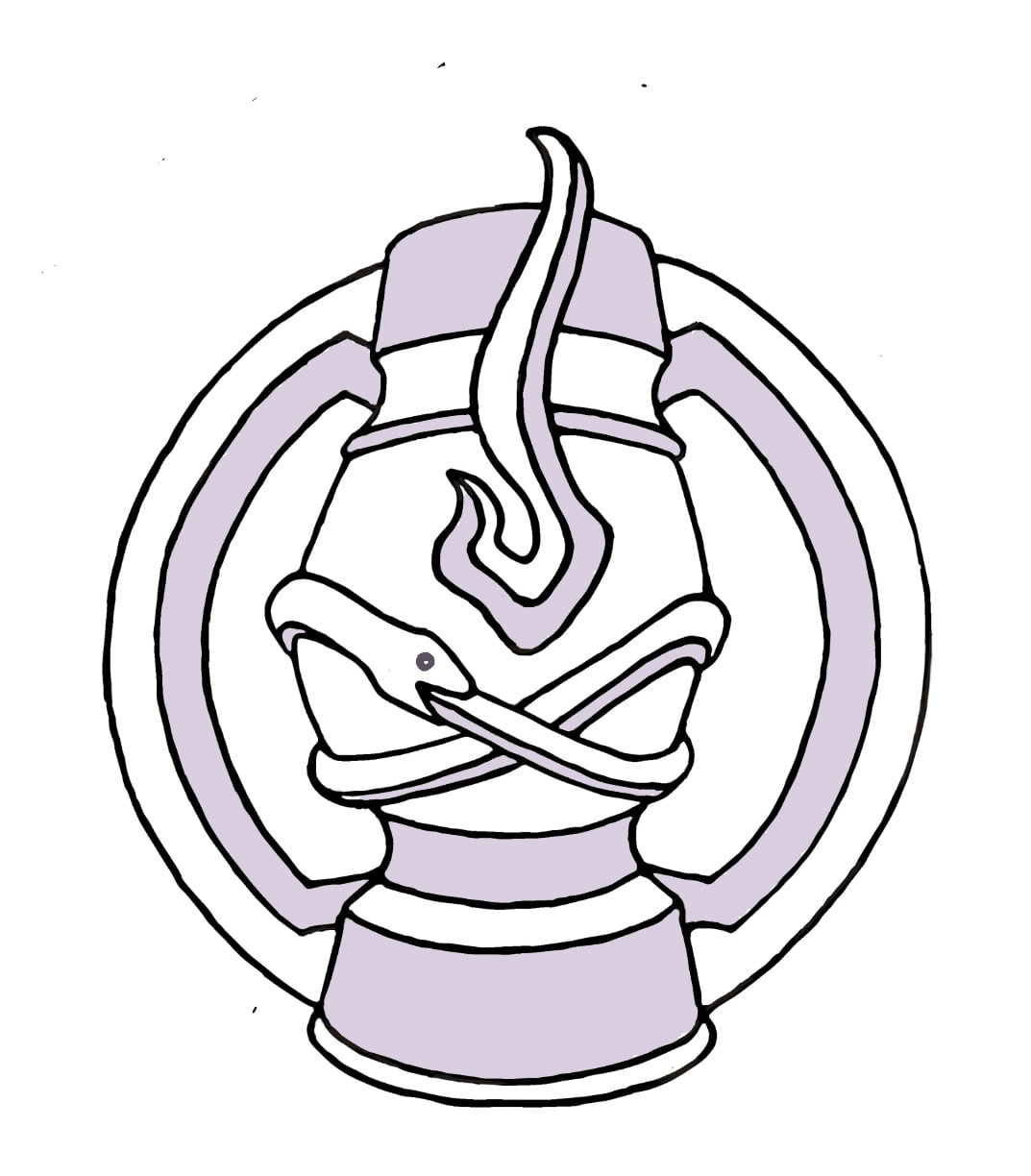Influenced by:
Platonism (especially Proclus)
Influence on:
German Idealists, possibly including Goethe
Combined apophatic and positivist descriptions of God in a kind of nondualism.
Emphasized the wisdom of ignorance, like Socrates. Described the limits of analytical knowledge as like a polygon inscribed in a circle…it can approach perfect likeness, but never reach it. (shades of [[ Plotinus ]])
“His thought has to be viewed as a whole, for it works more by correspondences and parallels between the domains he is interested in expounding than in a linear fashion or by direct argument. What is noteworthy are the flexible metaphors he uses as he moves across what we designate today as ontology, philosophy of mind and epistemology, and philosophical theology.” -Stanford Encyclopedia of Philosophy
Argued that all things are in all thing, as Proclus. God, too, is found in all things, though in “contracted” form. Also put forward a suggestion that the universe has no end and thus no center or, according to his conception, that both the limit and the center are found only in God.
